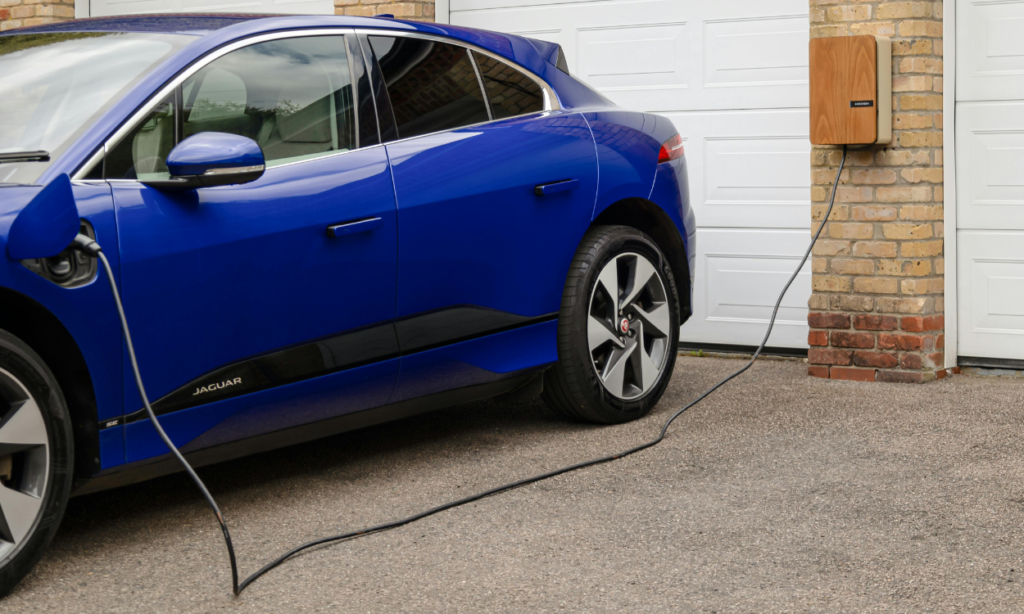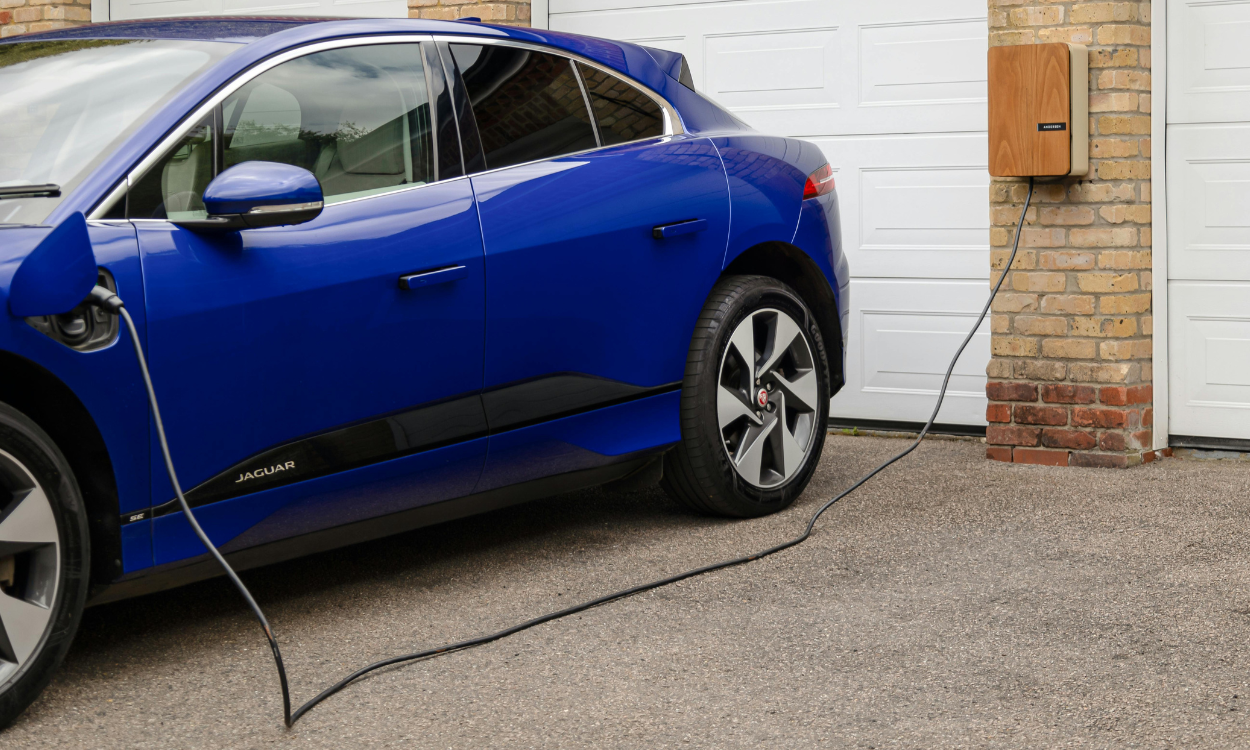Powering Tomorrow: The Rise of Electric Cars
The automotive world is undergoing a seismic shift, with electric cars spearheading a revolution in transportation. As the global community faces mounting environmental concerns, rising fuel costs, and the push for sustainable solutions, electric cars have emerged as the beacon of hope, “powering tomorrow” with innovative technology and eco-friendly performance.
Table of Contents

The Electric Car Revolution
Electric cars are no longer a niche market or futuristic concept; they are a reality reshaping how we commute. With advancements in battery technology, charging infrastructure, and government incentives, the adoption of electric vehicles (EVs) is accelerating at an unprecedented pace. Major automakers and startups alike are investing billions to ensure they are part of this transformative movement.
Environmental Impact
One of the primary reasons electric cars are gaining traction is their potential to reduce greenhouse gas emissions. Unlike traditional internal combustion engine (ICE) vehicles, electric cars operate on electricity, often generated from renewable sources like wind, solar, and hydroelectric power. This shift significantly reduces carbon footprints, making electric cars a pivotal player in the fight against climate change.
In cities plagued by air pollution, electric cars are “powering tomorrow” with cleaner air. Their zero tailpipe emissions contribute to improved air quality, reducing health risks associated with pollution. Governments worldwide are recognizing this benefit, leading to stricter regulations on ICE vehicles and increased support for EV adoption.
Technological Advancements
The rise of electric cars is fueled by remarkable technological innovations. Modern EVs feature advanced lithium-ion batteries that offer longer ranges, faster charging times, and enhanced safety. Companies are investing heavily in solid-state batteries, which promise to revolutionize the industry by delivering greater efficiency and durability.
Autonomous driving technology is another area where electric cars excel. With seamless integration of sensors, artificial intelligence, and machine learning, EVs are not just “powering tomorrow” but redefining the concept of mobility. Features like self-parking, adaptive cruise control, and collision avoidance systems are now becoming standard in electric cars.
Economic Benefits
While the initial cost of electric cars may seem high, the long-term savings are undeniable. EV owners enjoy reduced maintenance costs since electric motors have fewer moving parts compared to ICE engines. Moreover, the cost of electricity as a fuel source is significantly lower than gasoline or diesel, making EVs an economically sound choice.
Governments around the globe are encouraging the shift to electric cars by offering tax credits, subsidies, and rebates. These incentives aim to lower the barrier to entry for consumers and ensure that electric vehicles are accessible to a broader audience. As mass production scales up, the cost of electric cars is expected to drop further, making them a viable option for everyone.
Charging Infrastructure: Overcoming Challenges
A common concern among potential EV buyers is the availability of charging infrastructure. However, this landscape is rapidly evolving. Public and private sectors are collaborating to install fast-charging stations across highways, urban centers, and residential areas. Initiatives like Tesla’s Supercharger network and ChargePoint’s expansive coverage are ensuring that electric cars remain convenient for long-distance travel.
Wireless charging and vehicle-to-grid (V2G) technology are also gaining momentum. These innovations are set to make charging seamless, efficient, and integrated into everyday life, further “powering tomorrow” with groundbreaking solutions.
Global Adoption and Market Trends
Countries like Norway, China, and the Netherlands are leading the charge in EV adoption. Norway’s aggressive policies, including tax exemptions and access to bus lanes for EVs, have resulted in electric cars making up more than 50% of new car sales. China, the world’s largest EV market, is investing heavily in manufacturing and infrastructure to maintain its dominance.
The United States is also witnessing significant growth, driven by Tesla’s popularity and increased competition from legacy automakers. As brands like Ford, GM, and Volkswagen pivot toward electric models, the EV market in the U.S. is poised for exponential growth.
Addressing Criticisms
Despite their benefits, electric cars are not without challenges. Critics point to the environmental impact of mining for lithium and cobalt, essential components of EV batteries. However, companies are actively seeking sustainable mining practices and investing in battery recycling technologies to mitigate these concerns.
Range anxiety, or the fear of running out of battery charge, is another common issue. Advances in battery technology and the expansion of charging networks are addressing this problem, ensuring that electric cars are truly “powering tomorrow” without compromise.
The Future of Electric Cars
The rise of electric cars is not just a trend; it is a paradigm shift that will define the future of transportation. Automakers are racing to develop electric models that cater to diverse consumer needs, from compact city cars to luxury SUVs and high-performance sports cars.
Emerging technologies like solar-powered EVs and hydrogen fuel cell vehicles are also on the horizon, promising to complement the electric car ecosystem. As these innovations converge, the vision of “powering tomorrow” becomes ever more achievable.
Conclusion
Electric cars are at the forefront of a global movement toward sustainable, efficient, and innovative transportation. By reducing emissions, integrating cutting-edge technology, and offering economic advantages, they are truly “powering tomorrow.” As governments, businesses, and consumers unite to embrace this change, the rise of electric cars signifies not just a revolution in mobility but a commitment to a greener and brighter future.






One thought on ““Powering Tomorrow: The Rise of Electric Cars””